Overcooked 2 is a co-op cook-’em-up based on communication. These restaurant workers share how kitchens work in the real world.
Orders fall behind. Something starts to burn. The bliss of getting a plate out on time is short lived as orders replenish. Then the yelling begins. Oh, the yelling. And that’s just restaurant work in a video game.
“I never felt like I was ahead,” Anne Wolf said, “I was either right where I needed to be or behind.”
Wolf knows the heat. After leaving the military, she studied at upstate New York’s Culinary Institute of America, or CIA for short (“Technically, we had that abbreviation before the CIA did,” she’s quick to point out). Wolf worked an externship for the Gramercy Tavern in New York City at the time, a one-star Michelin New American restaurant just blocks away from Union Square. She worked 60 hours a week.
“When I was growing up, all I wanted to do was open a restaurant,” Wolf said over breakfast, “I still may some day, but I’m not gonna work my way up through these Michelin star places. That’s not for me.”
Her cooking extends beyond the real world. Wolf has a bit of experience with Ghost Town Games’ original Overcooked, a couch co-op multiplayer game where players work together to serve up meals in a restaurant. She says the game does reflect the way people work together in the kitchen. To an extent. The fact that you’re always catching up, and the need for clear, concise communication to get orders set feels the most true to reality.
There’s a reason why chefs holler the way they do in the kitchen. It’s curt, assertive, and most of all, it conveys a lot of information in a short period of time. Those are all incredibly important skills in an industry where severe burns, cuts, or falls are always a possibility. The way Overcooked inherently forces friends to do the same is part of the weird charm. The hit, chaotic game just got its follow up on the Nintendo Switch in Overcooked 2.
“You’re gonna say things like ‘behind,’ you have to make everyone aware of you when there’s something dangerous happening,” Wolf said. “You have to let them know that you’re behind them or else they could take a step backward and collide into you.”
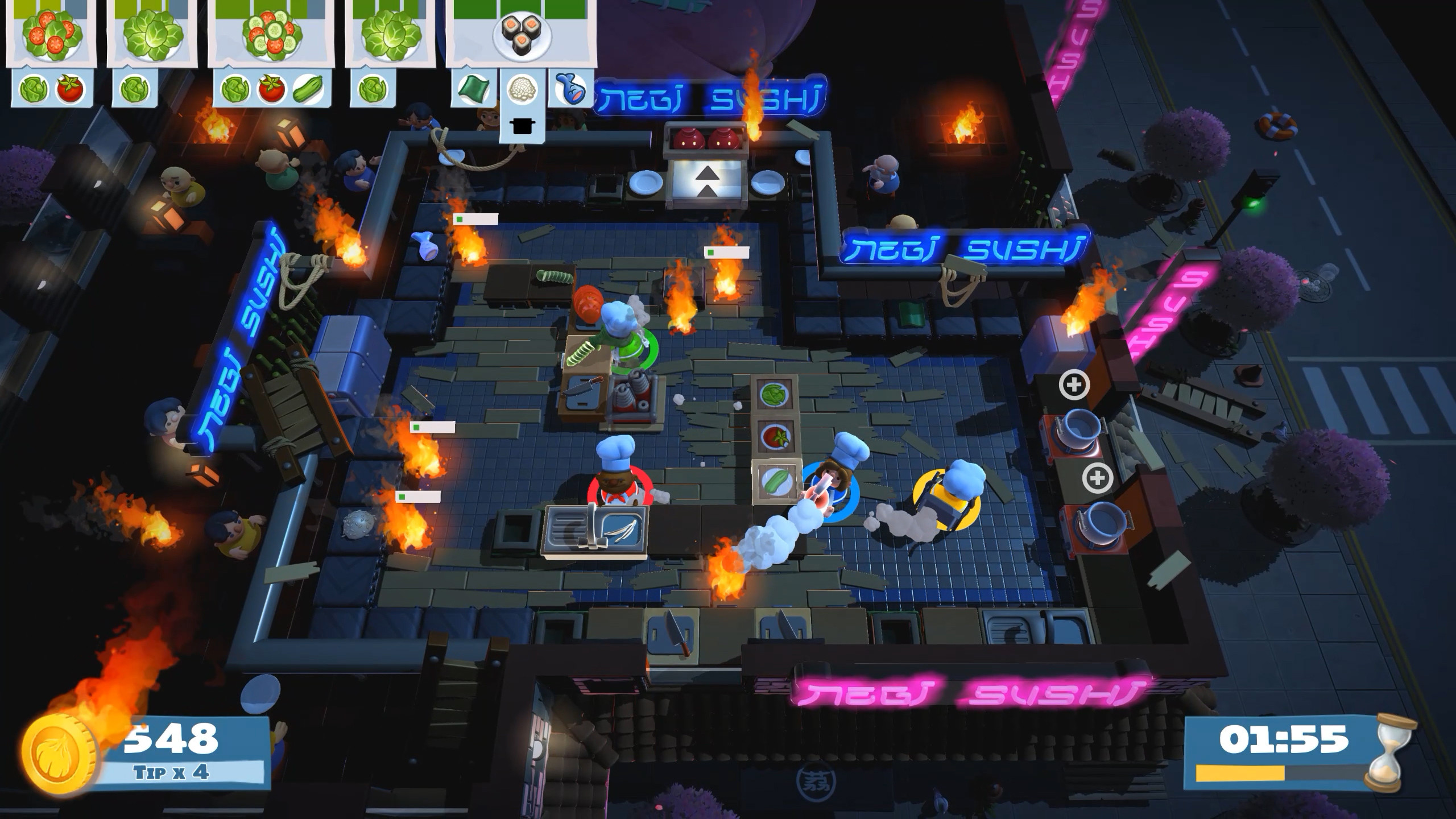
Overcooked 2 has players work as chefs. Elbows deep in the kitchen, putting together orders under a limited amount of time. Meals run the gamut from salad to cake to sushi, and just like a real restaurant, no one chef can assemble every single plate on their own. Instead, chefs must work together to make orders. Teams that communicate, or yell, more efficiently get a better score—Those that can’t keep up with the pace run the risk of failing and starting over.
Like any other job, communication happens on two levels in a restaurant: There’s the standard words used from kitchen to kitchen that are fundamentally part of the craft, and then there are terms and phrases that may be specific to each restaurant. Sometimes these are in-jokes, other times they’re short words that convey danger, positioning, or one’s cooking schedule in just a matter of seconds.
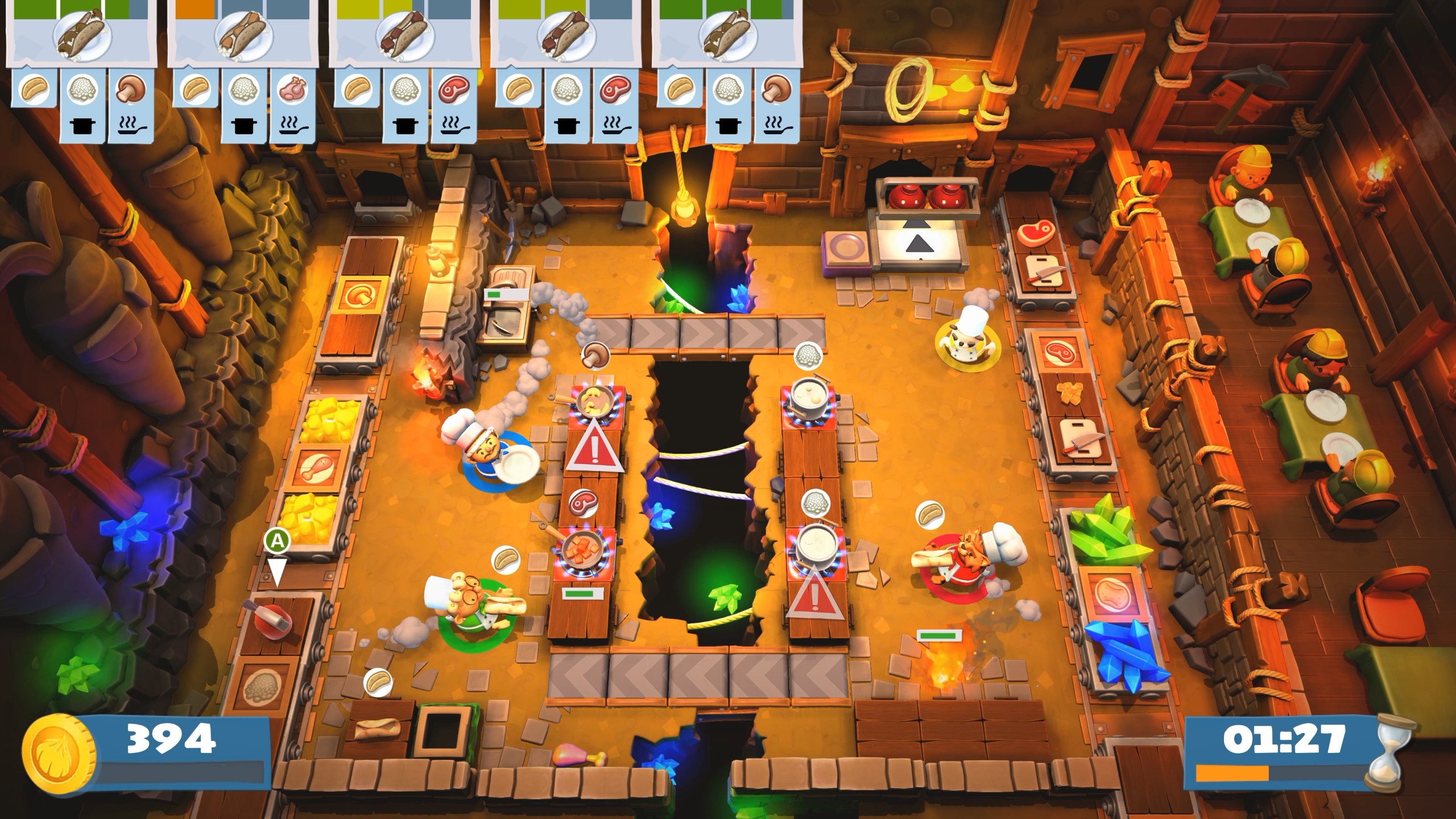
“Behind” isn’t the only commonplace shout. Tai Hromnak worked for two years at The Inn at Millrage Pond, a “slightly modern” French restaurant. Throughout her time there, she rose from a dishwasher to a garde manger chef, working salad, prep, and the line along the way. Having seen a little bit of every point of view, she learned a bit of phrases, like “open” and “pans.”
“‘Pans!’ was usually yelled angrily at the dishwashers because ‘saute’ can’t saute without pans. Never a good thing to hear,” Hromnak said. “Open,” on the other hand, meant an oven was open, warning others to be careful and prevent themselves from being burnt.
Some words are more strategic. Hromnak said that “I’m in the weeds” was commonly used in her kitchen to let others know that they were behind or busy. There’s also “stepping off,” which means someone needs to leave the line.
“Usually to hit the bathroom,” Hromnak said.
Good teamwork in a kitchen doesn’t just come from using the right words at the right time. It’s also about being connected to the people around you and knowing who clicks with you—And more importantly who doesn’t. Sara Oliver Wight works at Mary’s Fish Camp, a popular seafood restaurant in the West Village, and she stresses that a successful kitchen starts with a bond with the fellow chefs preparing it alongside you.
“Communicating more is very much the answer to most situations you find yourself in,” Wight explained.
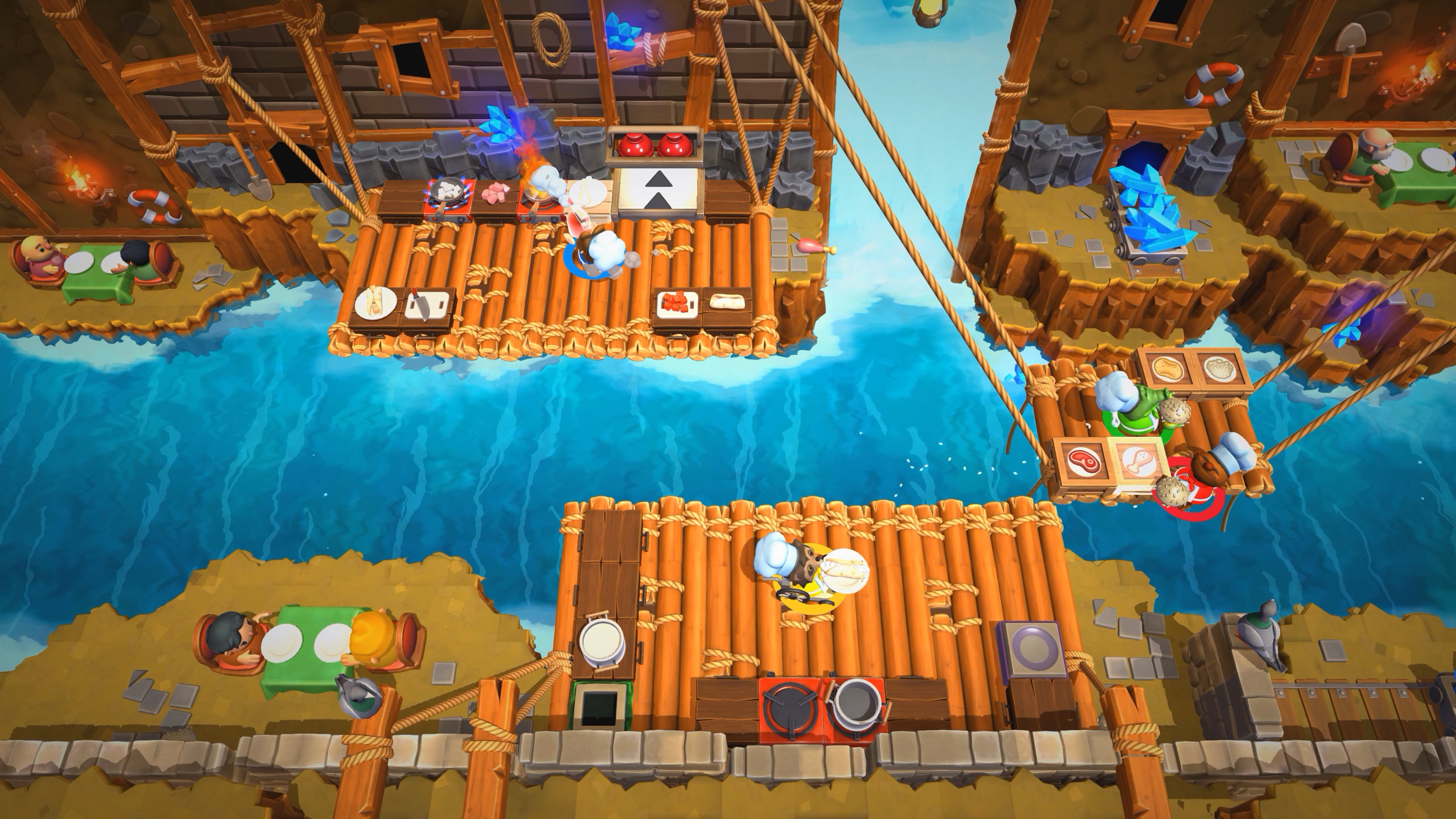
There’s a lot about the food industry that doesn’t transfer to Overcooked 2. There’s less physical danger in a video game, for one. Communication is often more about strategy than safety and precaution in Overcooked. A player that drops a boiling pot of soup in the game isn’t going to get burned in the real world.
Overcooked tries to capture the feeling of being in a kitchen during the middle of a meal rush. Wolf pointed out that Overcooked skips prep time entirely, whereas in real life chefs are scrambling for the best pots and pans at the crack of dawn so they can prepare for lunch.
“On an onion soup level, you would be cutting all 60 onions at the start of the day,” Wolf told me. “And then as you’re setting stuff out, you would cook to order and then go, but you would already have a pile of ingredients. Whereas, like, everything in Overcooked happens on the fly.”
But Overcooked isn’t trying to be a simulator. A dinner shift does not happen in 90 seconds. It’s a bullion of the kitchen experience, boiling out the down time, and turning it into an over-the-top romp. Just as Battlefield V captures the feeling of being a World War II soldier, or VA-11 Hall-A emulates the essence of bartending more than mixology lessons. Overcooked tries to tap into the kitchen’s core experience and throw it into the abnormal, like cooking in a hot air balloon.
In that sense, Overcooked 2 lets players feel like a chef. And talk like one too. Friends act like real restaurant workers for a day without the 12 hour shifts, blisters, and bad tippers.
“What I think Overcooked is really good at is showing you the kind of teamwork that it takes to work in a kitchen,” Wolf said. “It’s not exactly accurate in the way food is prepped or whatever, but it shows you how a bunch of people working together can take a small part of something and make something larger.”


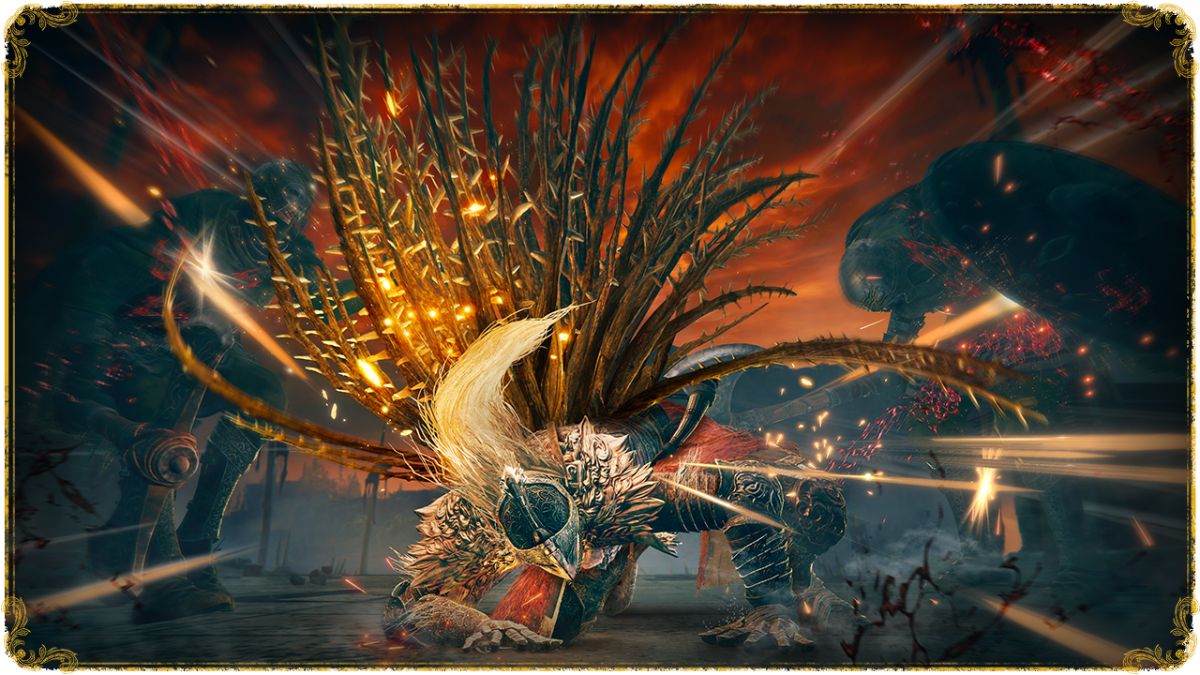
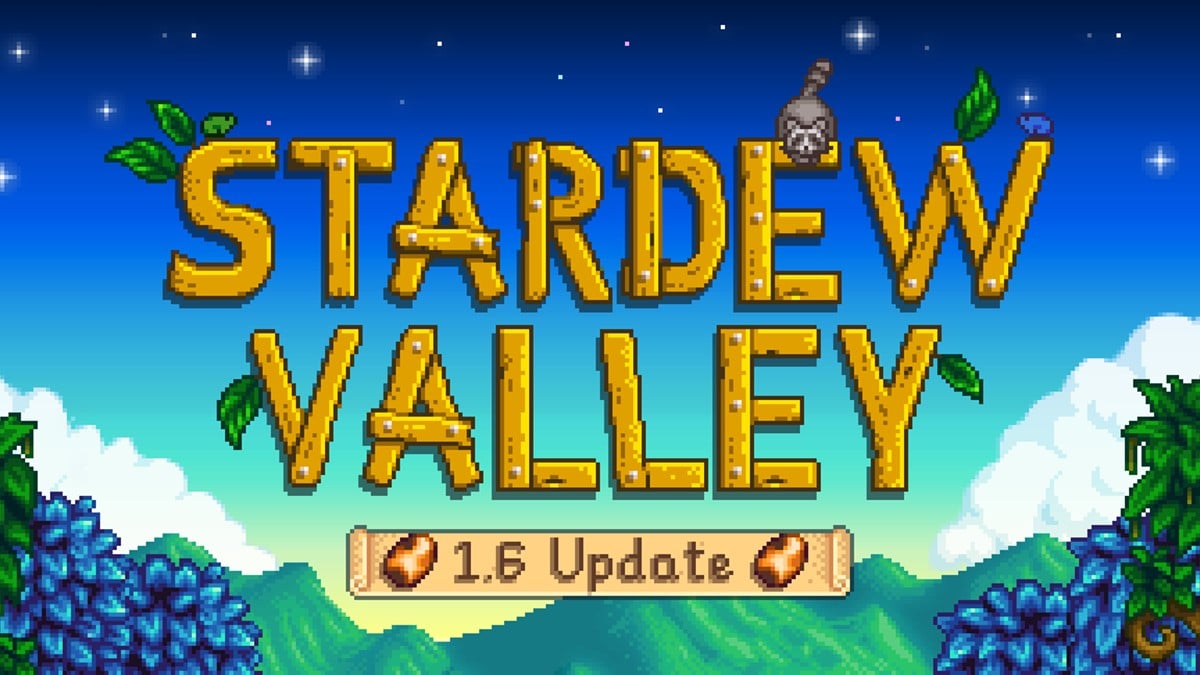
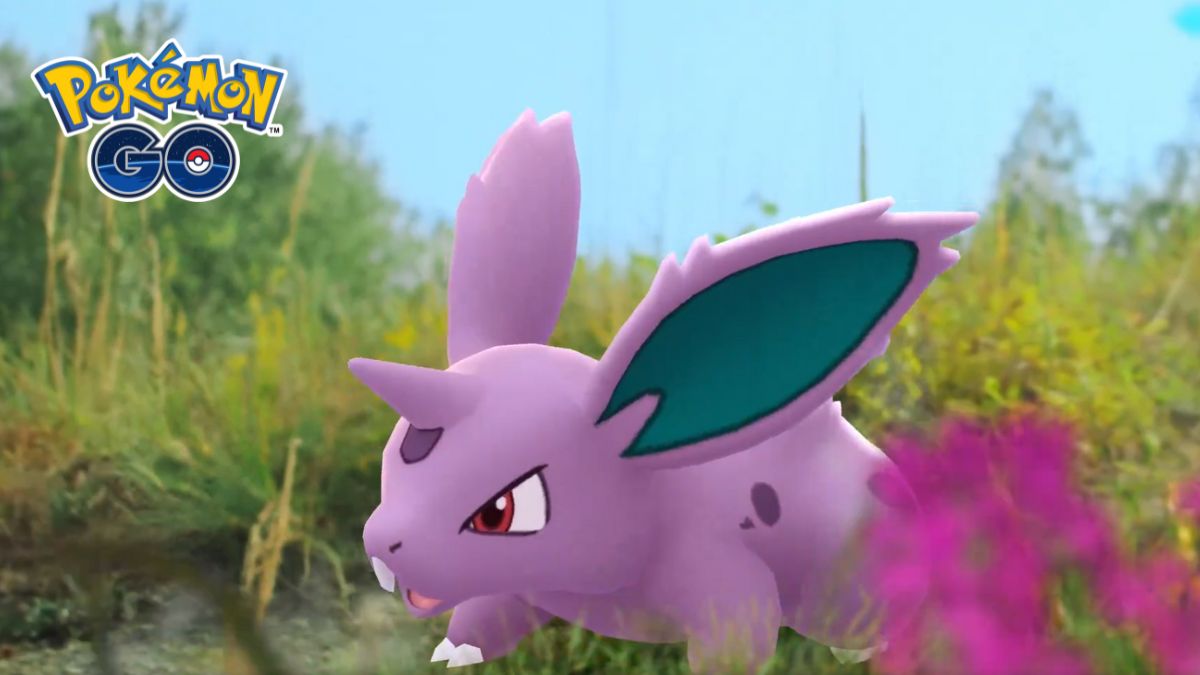
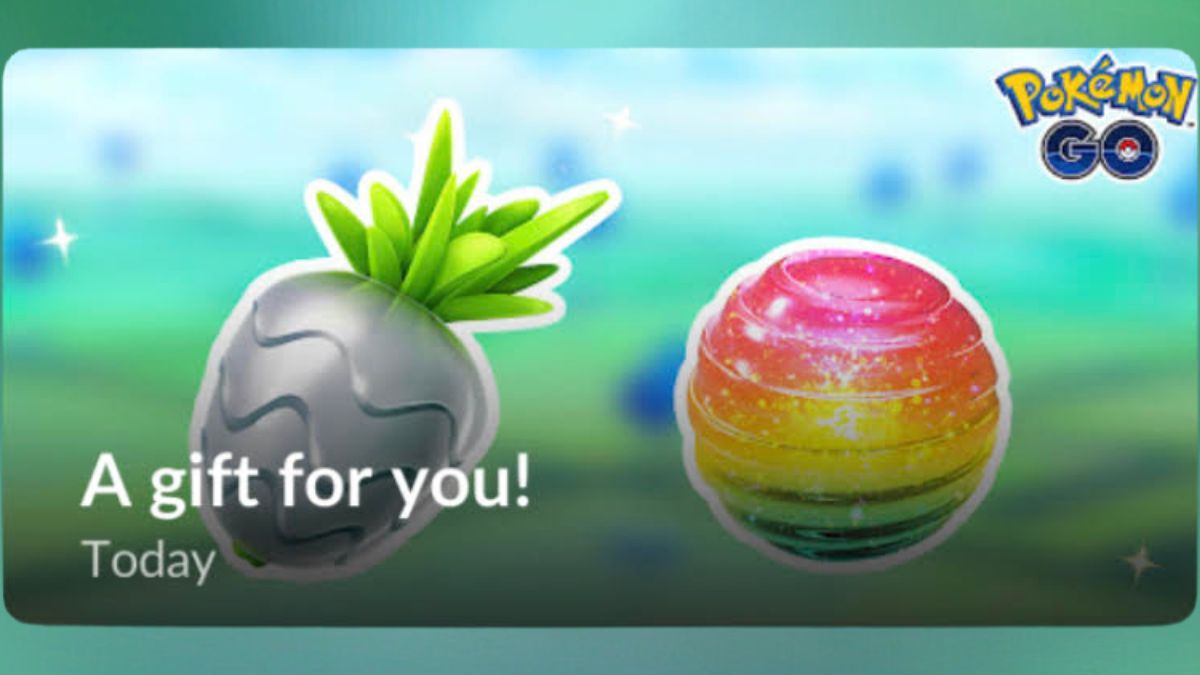
Published: Aug 7, 2018 07:15 pm